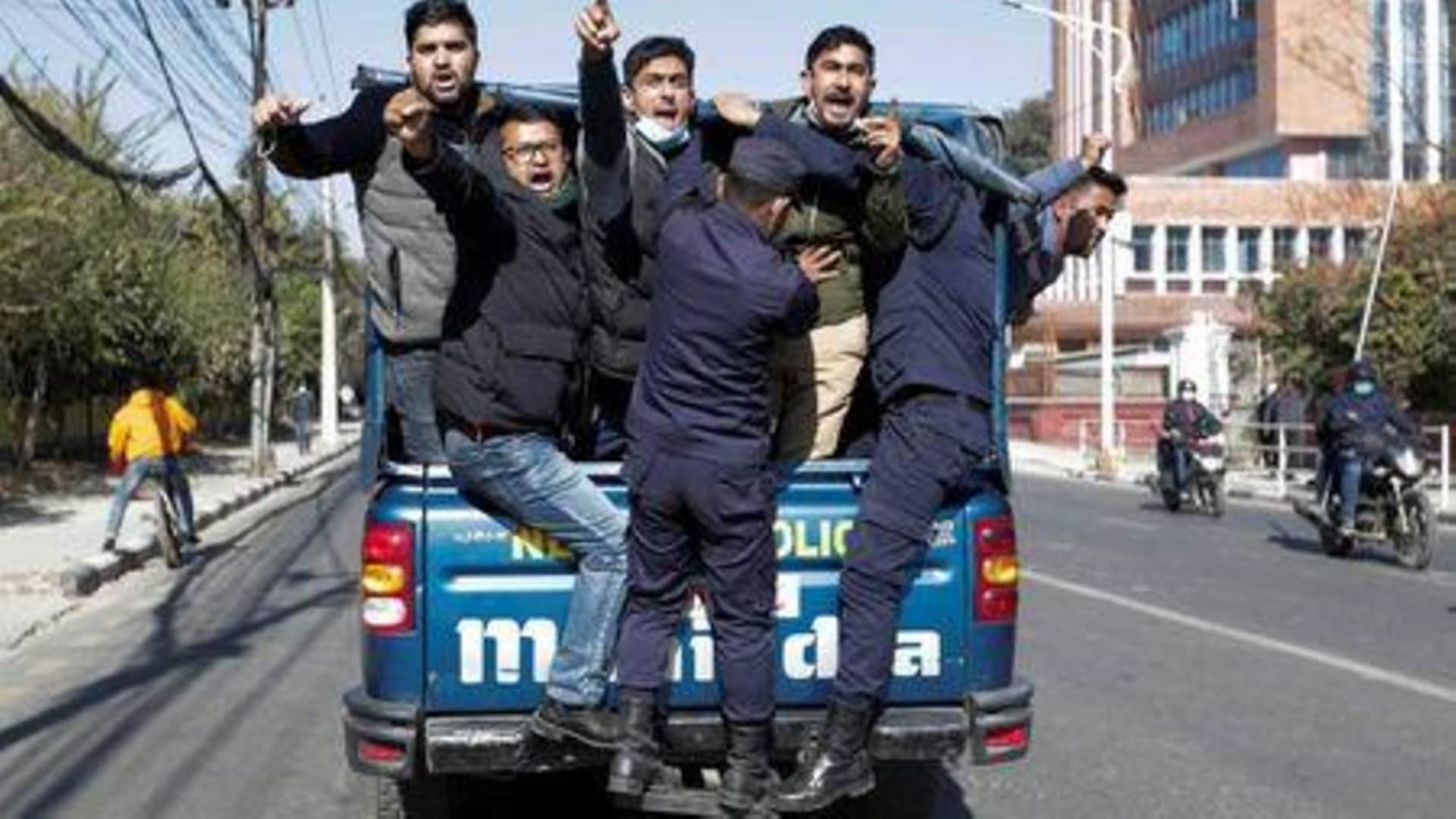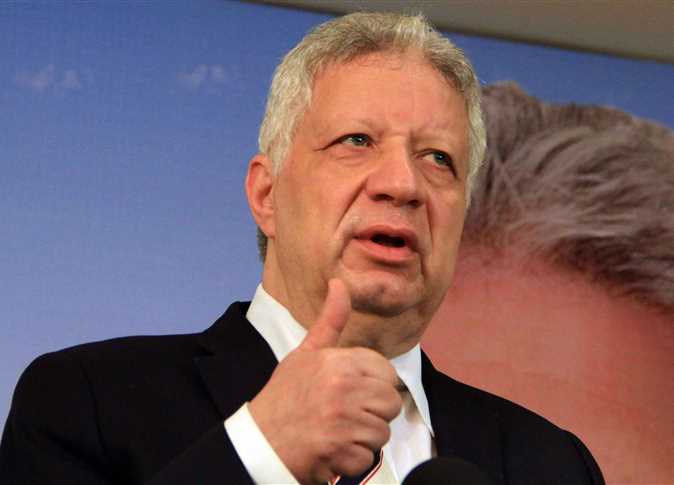Egyptian political parties have agreed with the country's ruling military council to make suggestions about the electoral system for parliamentary elections, said Refaat al-Saeed, chairman of the leftist Tagammu Party.
After a meeting on Sunday between representatives of 32 political parties and Sami Anan, deputy chief of Egypt's ruling military council, Saeed said the parties agreed to present their feedback on the new division of constituencies within 72 hours to the Interior Ministry elections official, Refaat Qumsan.
Experts believe that the new, expanded constituencies – approved by the Supreme Council of the Armed Forces (SCAF) in early September – detaches candidates from a large sector of voters, thus requiring double the funding for campaign advertising, and harming the chances of younger candidates.
But Saeed said the SCAF could reject political parties' demands to amend the controversial elections law, as the official date for elections will be announced in just eight days.
On Saturday, the head of Egypt'sHigh Elections Commission suggested 21 November as a date for elections for Egypt's lower house, the People's Assembly.
Saeed also noted that 32 out of 34 parties attended the Sunday meeting.
Attendants demanded that only a list-based candidacy system be used in elections. The elections law, approved in July, devoted half of constituencies to a single-winner system and the other half to list-based nominations.
In single-winner systems, the voter casts a ballot for a specific candidate in her or his district. In a list-based candidacy, voters select a list usually formed by a political party or an alliance of several parties. Eventually, each list is allocated seats according to the number of votes it garners.
The latter system is generally praised for its ability to ensure the representation of women along with ethnic and religious minorities.
Nour Party chairman Emad Abdel Ghafour, who attended the meeting, said the military council rejects full application of list-based candidacies for fear of damaging the legitimacy of the elections. He said the SCAF might only increase the percentage of constituencies devoted to that system.
Mostafa al-Naggar, founder of Adl Party, said the SCAF promised party representatives that it would reconsider the division of constituencies.
Meanwhile, advisers from the Supreme Constitutional Court objected to calls for adopting the list-based system, fearing that it would challenge the legitimacy of the next parliament.
Naggar said the SCAF also promised not to prosecute civilians before military tribunals except in the case of assault against military personnel. It also declared that the Emergency Law will only be applied to thuggery and not political activists.
Translated from the Arabic Edition




